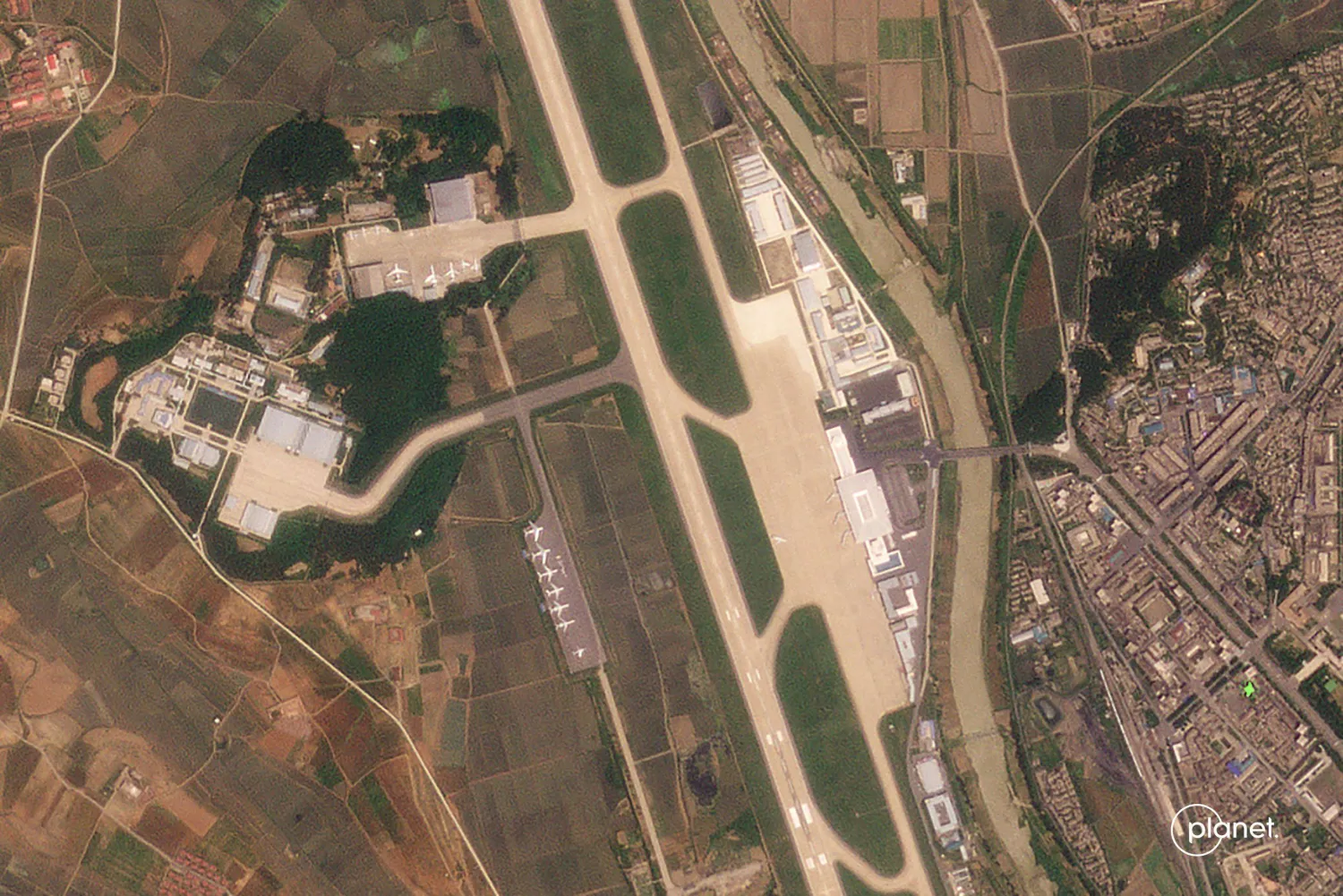North Korea's military has been building roads and walls inside the Demilitarized Zone that separates it from the South, the Yonhap news agency reported Saturday.
The construction activities are taking place north of the Military Demarcation Line (MDL) that runs through the middle of the DMZ, the South Korean agency said, citing an unnamed military source.
The report follows an incident last week when South Korean forces fired warning shots after North Korean soldiers briefly crossed the MDL.
South Korean authorities said it was likely accidental, and Yonhap quoted a military spokesman as saying some of the North Koreans were carrying work tools.
"Recently, the North Korean military has been erecting walls, digging the ground and constructing roads in some areas between the Military Demarcation Line (MDL) and the Northern Limit Line in the DMZ," the military source said, according to Yonhap on Saturday.
It was not clear what they were building, the source told Yonhap.
When asked about the report, the South Korean military said in a statement that it was "closely tracking and monitoring the activities of the North Korean military", and that "further analysis is required".
It said it could not share the South Korean response to these actions "to ensure the safety of the personnel proceeding with an operation", without offering further details.
South Korea's spy agency told AFP this week that it had detected signs that North Korea was demolishing sections of a railway line connecting the two countries.
That followed an escalation in the propaganda war between the two Koreas.
North Korea sent more than a thousand balloons carrying trash into the South, describing them as retaliation for the propaganda balloons sent the other way by anti-Pyongyang activists.
Then, South Korea resumed blasting K-pop songs and news broadcasts at the North, using loudspeakers installed at the border.
The resumption of the loudspeaker campaign prompted Kim Yo Jong, the powerful sister of North Korean leader Kim Jong Un, to threaten an unspecified "new countermeasure".









